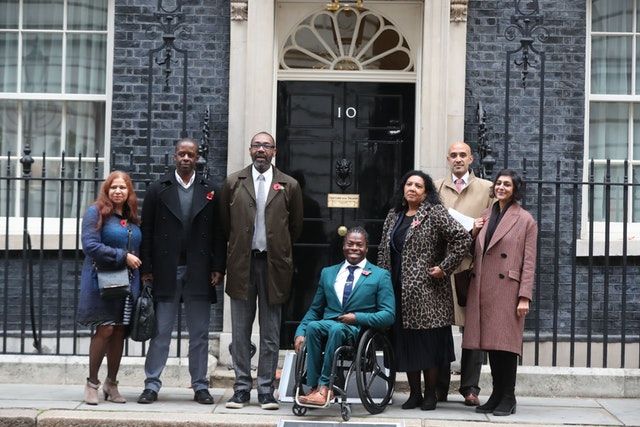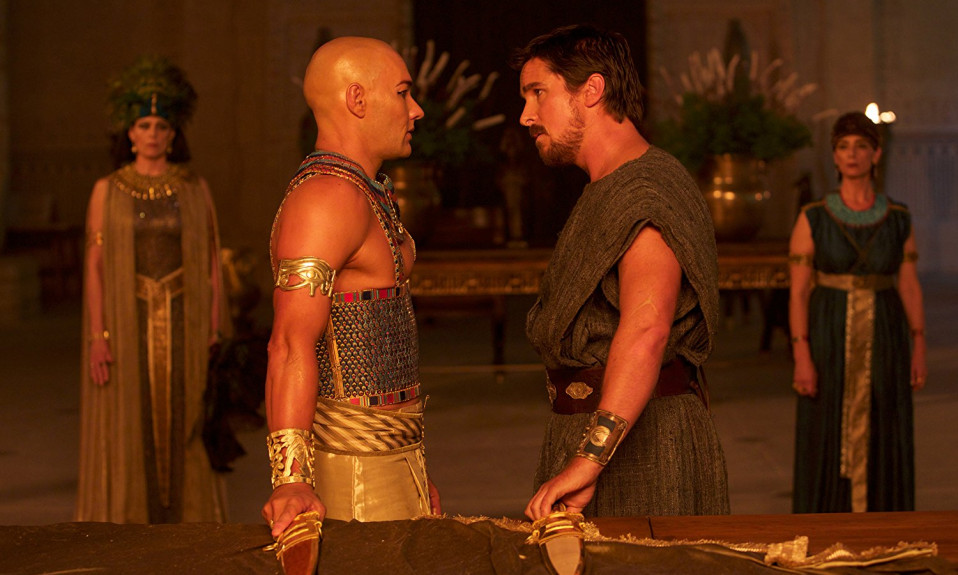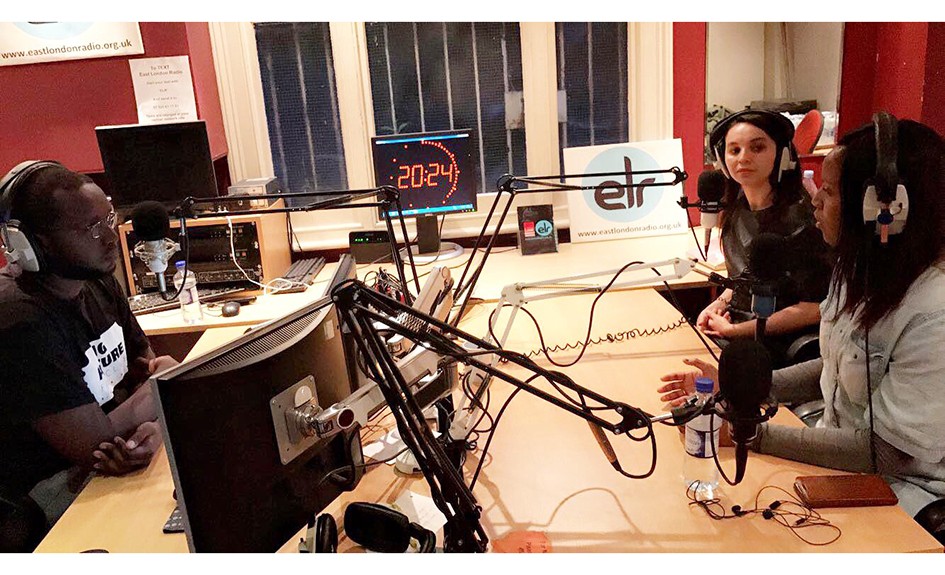Sir Lenny Henry has had a long career in entertainment, dating back to the 1970s. He began doing small appearances on New Faces (1973) and TISWAS (1974). But found success in the 1980s with the likes of the sketch comedy show Three of a kind (1981) and his own show. Aptly titled, The Lenny Henry Show (1984). Since then, he has been a busy man. He turned his hand to films, starring in True Identity (1991). While also moving into dramatic television with Alive and Kicking (1991) and recently Broadchurch (2013). He has made documentaries, his own production company specializing in products that spoke to black lives, such as The real McCoy (1991) and he even co-founded comic relief alongside Richard Curtis. Using comedy to help raise money to fight poverty. In summation, Lenny Henry has done a lot throughout his career but it hasn’t always been smooth sailing.
Growing up in Dudley and being the son of Jamaican parents, Henry was a minority in his community. He has said that he was one of only three black children in his school and when he began performing on stage as a comedian in the 1970s he was the target of many racist comments. At the time opportunities for black people within the entertainment industry were so small, Henry even appeared on The black and white minstrel show (1958), one of the most racist shows in British shows in history, which he has expressed regrets for. Over the years Henry has begun shifting away from comedy, towards serious acting roles and activism for underrepresented people within the entertainment industry.
This culminated earlier this month when the star delivered a letter to Downing Street calling for tax breaks for industry companies who employ more women, BAME and disabled people. In hopes of encouraging diversity, he delivered this letter alongside Meera Syal and Adrian Lester. The letter was signed by 80 prominent figures in the UK film and TV industry including, Dame Emma Thompson, Chiwetel Ejiofor, Thandie Newton, David Oyelowo, and Jodie Whittaker. So what does this letter mean to the UK entertainment world and what could it lead to?
Film & TV Representation: Positives and Negatives
While Henry himself has been quite vocal about the industries “atrocious” representation for women, BAME, and disabled people, the industry has begun taking steps towards better representation in front of and behind the camera. Organizations such as the BFI have made it so that films applying for funding must demonstrate a commitment to diversity through on-screen representation and creative leadership. The BBC also plans for “its employees to comprise 50% women, 8% disabled people, 8% lesbian, gay, bisexual or transgender people and 15% people from Black, Asian and ethnic minority backgrounds” by 2020. And there has also been a big push towards shows and films fronted by underrepresented parties. The new series of Doctor Who is probably the best example of this. With Jodie Whitaker leading a diverse cast of different races, genders, and ableness. Which is a big step forward for one of the cornerstones of British television history.
But Henry’s letter points out “only 2% of UK television is made by directors from BAME backgrounds”. Meaning the UK industry still lacks significant input from non-white creative voices. And the latest statistics show that the representation for women, BAME and disabled people in the industry is still shocking. So, in modern times, what are the barriers that are still halting progress towards a truly diverse workforce?
Modern Barriers
According to research from the Work Foundation, there are several obstacles that impede underrepresented groups from succeeding in the industry. These include the lack of visible screen role models. Which make others from similar backgrounds hesitant to work within the industry. Lack of clear knowledge about opportunities that are available. Employers are often inflexible about adjusting to suit certain candidates. The prevalence of networks that support nepotism over skill, perceived cultural prejudices and of course finance. So, what could these tax breaks do to help future underrepresented media workers?
Tax Relief: Positives and Negatives
The extra money will allow companies to make adjustments to suit disabled candidates as well as pregnant candidates and those with families. And the tax breaks call for more diversity in front of the camera may help break the aspirational barrier. As viewers will be given more diverse role models they can aspire to be like. The promise of financial relief could even encourage companies to provide clearer advertisements to allow for a wide range of applicants for available positions.
However, the inclusion of financial incentives for businesses does not deal with the other problems mentioned. Such as exclusivity within the industry, which still leaves a large proportion of applicants, particularly women, feeling locked out. The lack of financial support for workers still favours people from more advantaged backgrounds. And while position advertisements may become clearer, this may have the unfortunate side effect of making applicant choices feel like obligations for extra money rather than a genuine desire to promote diversity. Which helps to further, perceived cultural prejudices. It is a step forward for representation but one that helps the companies more than it does the workers and the public.
Conclusion
In conclusion, Henry’s proposal for industry tax breaks provides a great opportunity to boost representation for non-white, male and abled people. But potentially only serves a short-term solution to benefit entertainment businesses rather than current and future workers. Representation is important, and tax breaks would be a good start. But more long-term plans are needed to improve overall diversity within the industry. Should this be done through education? Dedicated work programmes to drive diversity? Investment in services to help those with specific needs? Or should the organizational structure of the industry change? I cannot say. But as the outcry continues, things will need to change. And solutions will have to be found sooner rather than later.













4 Comments
Comments are closed.